In today’s fast-paced digital landscape, adapting and embracing change is crucial for small businesses to thrive. Now, you might be wondering, what exactly is digital transformation? Well, think of it as a game-changing process that integrates technology into every aspect of your business, revolutionising the way you operate, connect with customers, and achieve your goals. It’s about harnessing the power of digital tools and strategies to stay ahead of the competition and unlock new opportunities.
Why is digital transformation so important for small businesses? Well, let’s break it down. Consumers are constantly connected in today’s digitally-driven world, and their behaviours and expectations have evolved. They’re searching for products and services online, engaging with brands on social media, and making purchasing decisions based on digital experiences. By embracing digital transformation, you position your small business to meet these evolving consumer needs, boost your visibility, and ultimately drive growth.
Let’s explore five key marketing strategies that every small business should implement for a successful digital transformation – from developing a strong online presence to harnessing the potential of social media marketing, email marketing, influencer marketing, and data analytics.
Understanding digital transformation
Digital transformation is like upgrading your small business, equipped with all the digital tools and strategies to conquer the online world. In simple terms, digital transformation is the process of integrating technology into every nook and cranny of your business operations. It’s not just about having a website or a Facebook page – it goes way beyond that. It’s about leveraging technology to revolutionise the way you do business, connect with customers, and stay ahead of the game.
Digital transformation brings a multitude of benefits to the table. It streamlines your operations, making them more efficient and cost-effective. It allows you to tap into new markets, expanding your reach beyond geographical boundaries. It enables you to gather valuable insights from data analytics, empowering you to make informed business decisions. And most importantly, it helps you create exceptional digital experiences that keep your customers coming back for more.
But here’s the deal – digital transformation is not a one-size-fits-all approach. It’s a customised journey for every small business. It starts with understanding your unique goals, challenges, and opportunities. It’s about identifying the right technologies and strategies that align with your business vision.
Strategy 1: Develop a strong online presence
In today’s digital landscape, having a killer online presence is like having a shining beacon that attracts customers from all corners of the internet.
Imagine your website is like your online storefront, the first impression that potential customers get of your business. It needs to be polished, professional, and enticing. So, step one is to invest some time and effort into creating a website that truly represents your brand.
It’s not just about having a fancy website. You need to make sure your online presence is discoverable. That’s where search engine optimisation (SEO) comes into play. Think of SEO as the special ingredient that helps your website climb the ranks of search engine results. By optimising your website with relevant keywords, engaging content, and user-friendly design, you’ll be showing up on those coveted first pages of search results.
Now, let’s talk about content. Content is king, and creating engaging and shareable content is key to capturing the attention of your target audience. Whether it’s blog posts, videos, infographics, or social media posts, your content should be informative, entertaining, and valuable to your customers. It’s all about building a relationship with your audience and establishing yourself as an expert in your field.
Building a strong online presence also means being active on social media. Social media platforms are like virtual hangout spots where your customers spend a significant amount of their time. It’s where you can showcase your brand personality, engage with your audience, and even run targeted ads to reach a wider demographic.
Remember, consistency is key. Make sure your branding is on point across all online channels. Use your logo, colours, and messaging consistently to create a cohesive and memorable brand experience.
Strategy 2: Embracing social media marketing
Undoubtedly social media has become an integral part of our lives. We scroll, we double-tap, we share, and we engage. And guess what? Your customers are doing the same. So, why not meet them where they are and make some noise in the social media realm?
Now, social media engagement can be a bit overwhelming on all the platforms – Facebook, Instagram, Twitter, LinkedIn, TikTok, and so on, but you don’t have to be present in every one of them. Choose the platforms that align with your target audience and business goals.
Once you’ve picked your playground, it’s time to show up and shine. Start by creating compelling content that grabs attention and sparks engagement. Share behind-the-scenes glimpses of your business, helpful tips and tricks, entertaining videos, or captivating visuals. The goal is to provide value and create an emotional connection with your audience.
Now, let’s talk about engagement. Social media is not a one-way street – it’s a two-way conversation. Interact with your audience, respond to comments, and show genuine interest in what they have to say. Be authentic, be human, and watch those connections flourish.
Oh, and here’s a pro tip: don’t be afraid to explore paid advertising options on social media. Platforms like Facebook and Instagram offer powerful targeting capabilities that allow you to reach your ideal customers. A well-crafted ad campaign can amplify your reach, drive traffic to your website, and even generate leads or sales.
Strategy 3: Leveraging email marketing
Now, I know what you’re thinking – email? Isn’t that old-school? Actually, email marketing is like a timeless classic that still packs a powerful punch in the digital world.
Think about it. How many times a day do you check your inbox? Exactly! Your customers are doing the same thing. So, why not slide into their inbox with some captivating content and irresistible offers?
Email marketing is all about nurturing relationships with your customers and keeping them engaged. It’s like direct communication with your audience, where you can send personalised messages, share exclusive promotions, and provide valuable insights.
Now, let’s talk about building your email list—much like building your own little VIP club. Encourage website visitors to sign up for your newsletter by offering them something irresistible—a juicy discount, a free e-book, or exclusive insider tips. The key is to provide value and give them a reason to join your email tribe.
For a quick win, set up automated email sequences that welcome new subscribers, nurture leads, or even celebrate birthdays. It saves you time and ensures that your subscribers receive timely and relevant messages.
Don’t just focus on selling, though. Email marketing is also a great way to provide valuable content and establish yourself as an industry expert. Share tips, industry insights, and educational resources that your subscribers will find useful. Show them you’re not just about making sales but also building a mutually beneficial relationship.
Strategy 4: Harnessing the potential of influencer marketing
Influencer marketing is like having a trusted friend vouch for your business. It’s all about partnering with individuals who have a loyal following and influence over their audience. These influencers can range from social media personalities, bloggers, vloggers, or industry experts. They have the power to create authentic, relatable content that resonates with their followers and can introduce your brand to a whole new audience.
This starts with finding the right influencers who align with your brand values and target audience. You want someone who embodies your brand’s essence and can genuinely advocate for your products or services.
Once you’ve identified your dream team of influencers, it’s time to collaborate. Whether through sponsored posts, product reviews, giveaways, or co-created content, influencers can showcase your brand in an engaging and organic way. Their authenticity and personal connection with their audience can build trust and drive conversions.
Strategy 5: Utilising data analytics
Data analytics is like having a crystal ball that reveals the secrets to optimising your marketing efforts and making informed business decisions. With this data you can collect, analyse, and interpret data to gain insights into your customers, their behaviour, and your overall business performance. It’s like having a treasure trove of information that can guide your marketing strategies and help you make data-driven decisions.
So, how do you get started? Well, it all begins with data collection. Track those website visitors, monitor social media metrics, and gather customer information. The more data you collect, the more comprehensive your insights will be. Nifty tools, like Google Analytics, provide you with valuable reports and visualisations that make sense of all that data. You can uncover patterns, identify trends, and measure the effectiveness of your marketing efforts.
By analysing your data, you can better understand your customers’ demographics, preferences, and purchase behaviour. This information allows you to segment your audience and tailor your marketing messages for maximum impact. You can create personalised campaigns, recommend relevant products, and deliver targeted content that speaks directly to your customers’ needs and desires.
But it doesn’t stop there. Data analytics also helps you optimise your marketing campaigns. By analysing key metrics like conversion rates, click-through rates, and customer lifetime value, you can identify what’s working and what’s not. This allows you to tweak your strategies, allocate your budget wisely, and ensure that you’re getting the best return on your marketing investments.
Oh, and here’s a pro tip: embrace the power of A/B testing. Test different variations of your marketing campaigns and track the results. This way, you can refine your approach based on real data and continuously improve your marketing efforts.
The importance of implementing these strategies for success
Remember, it’s crucial to adapt and evolve. By developing a strong online presence, embracing social media marketing, harnessing the power of email marketing, leveraging influencer partnerships, and utilising data analytics, you’re putting your small business on the path to greatness.
The world of digital marketing is ever-changing, and new trends and strategies are always emerging. So, stay curious, open-minded, and experiment with different tactics. Keep an eye on industry news and insights to stay ahead of the game.
And don’t forget the power of collaboration and learning from others. Connect with fellow business owners, attend industry conferences, and engage in online communities. The more you network and share knowledge, the stronger your marketing game will become.
But most importantly, always keep your customers at the heart of everything you do. Listen to their feedback, understand their needs, and deliver exceptional value. Build relationships, nurture connections, and create an unforgettable customer experience. Remember, happy customers are your biggest advocates. And if you’re not sure where to start, we can help.







